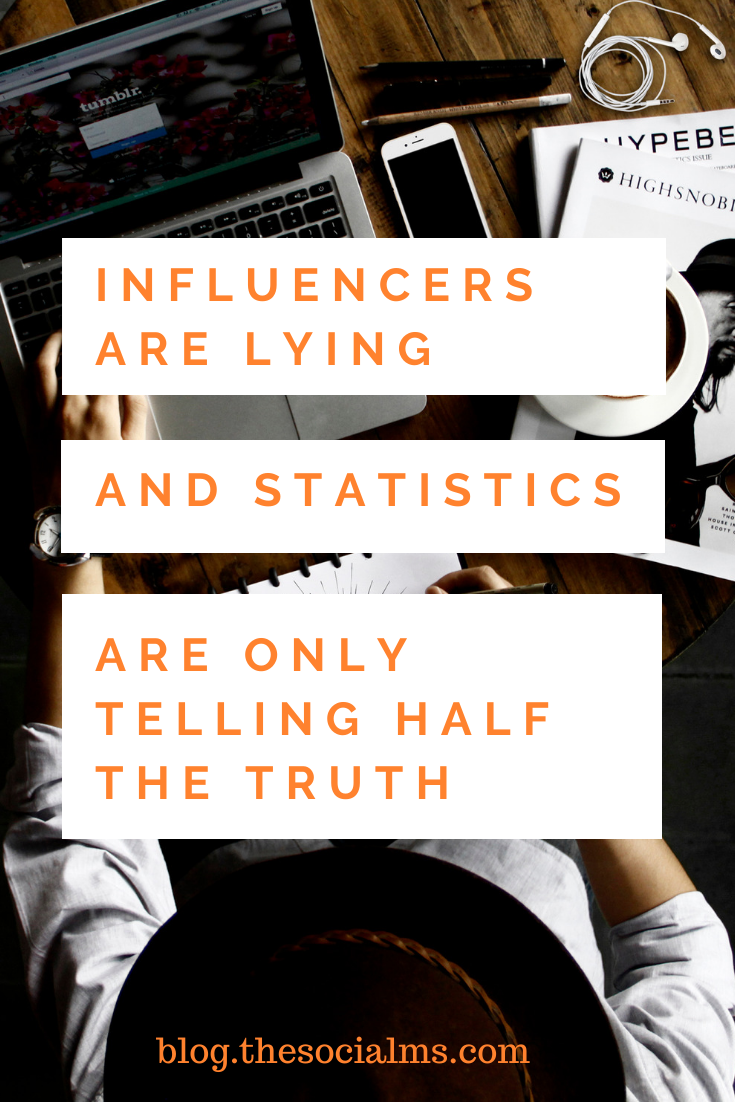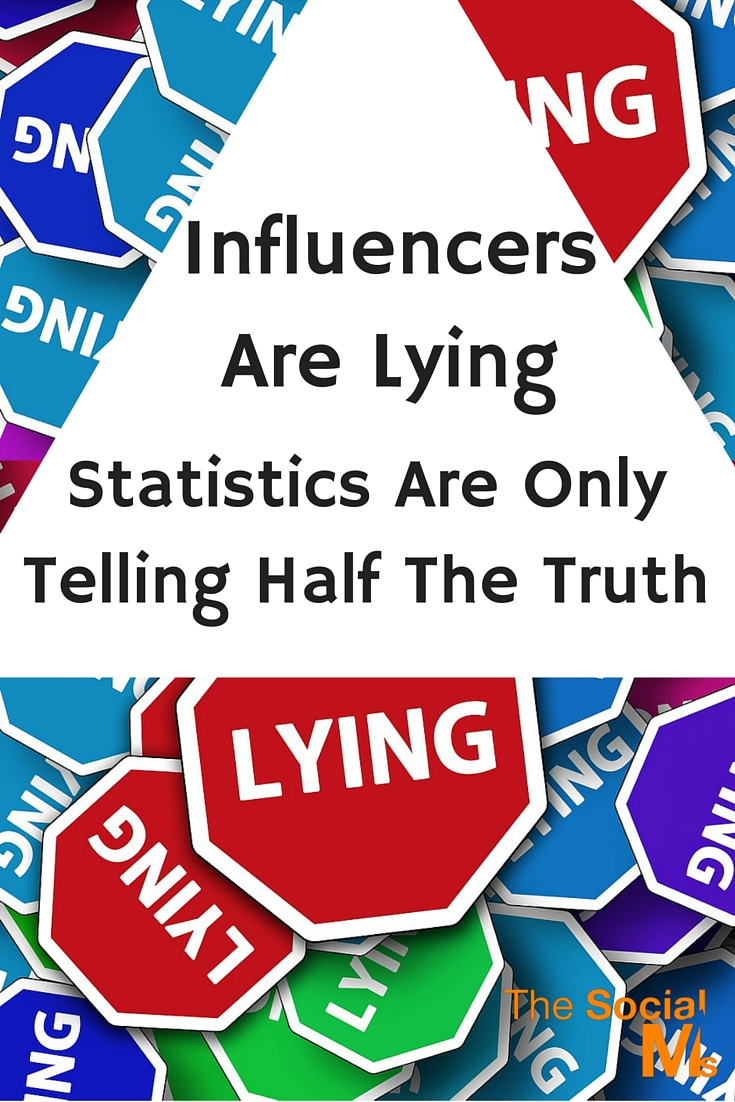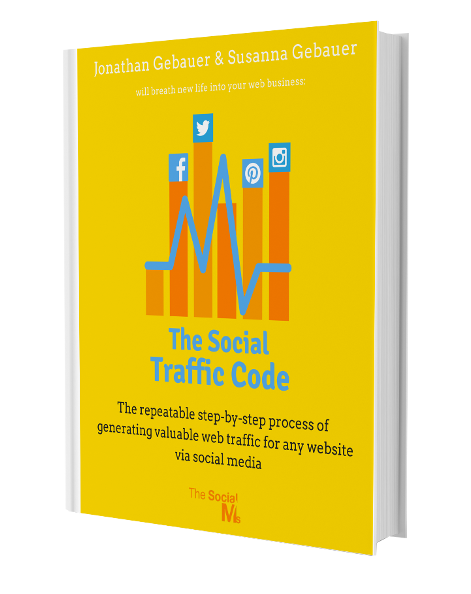Last week Kim Garst posted an article about various ideas for posts for your Facebook page. Kim writes in the article that you should post several times a day – but I guess some of you have heard about the statistic research stating that the optimal frequency would be ten times a week. In the comments to Kim’s post the question came up again: Why does Kim suggest something that does not follow the statistics? And what should you do?
There is a similar discussion for Twitter: Social Bakers state that three Tweets a day would be optimal, Track Social found some five Tweets to be the optimum.
Influencers like Jeff Bullas follow the advice by Simply Measured that tweeting every 15 minutes instead of every 30 minutes can increase by 31% and increase engagement by 89%. (I know tweeting every 30 minutes is still very many times more often than five times a day).
There are many similar situations where someone states a statistic or some advice by influencers you should follow, which either your own experience does not confirm – or which is in direct opposition to advice by other people you trust.
Before you read on - we have various resources that show you exactly how to use social networks to gain massive traffic and leads. For instance, check out the following:
FREE Step-by-Step Twitter Marketing GuideFREE Pinterest Marketing Ebook
You can make some of your own calculations to add to the confusion:
As a mathematician I could calculate the following: If I post once a day and my post is visible for 4 hours (that is the average lifespan of a Facebook post, another statistic), that means I (or my business) am basically invisible for 20 hours. That might even work, if I know exactly which 4 hours a day all members of my audience are on Facebook. Since I do not know that, I personally would go for more posts. For this calculation Kim Garst has it right, saying you should post 4-6 times a day. With 6 posts each being visible for 4 hours I can cover all 24 hours of a day.
That sounds perfect? Could be. It does not have to be. There are so many factors in Social Media (like interaction, likes, retweets, shares) – and they all add to the success of your strategy. Especially on Facebook, where the engagement of people with your updates decides how many people actually get to see your update, the mere number of updates is not what counts anymore. What counts is also how much engagement you manage to inspire with your updates.
(The Facebook tool PostPlanner comes in handy for this. It helps you find updates to share on your page which fit your site’s topic and which already inspired a lot of engagement on Facebook.)
What now: Should we follow statistics, or influencers or follow our own thinking?
The problem with statistics is, they represent some kind of average. They often do not tell you much about other factors that influence the results of the variance in the results, or the sample used: Can you really be sure, they represent your own special case? Is your business average? What about all the other businesses, blogs, people? How do they fit into general picture?
There are many statistics on many different aspects and the results do not necessarily add up to the same conclusion. Often what influencers or statistics suggest you should do might not be practicable for everyone.
As an example let us assume we believe Jeff Bullas has it right (which I do, by the way) and we should tweet every 15 minutes. That means you need the incredible number of 96 different Tweets to cover a day. And if you do not want to sound like an old record with a flaw, and want to make sure, you do not repeat yourself more often than every few days, these tweets sum up to few hundred updates you need before you can even think about using this strategy. Jeff Bullas can easily do that. He has been posting an article a day on his blog for the past several years. Do you have these many evergreen posts to tweet?
Do you want a step-by-step process with a four-week action plan to grow a social audience, get traffic from social media and generate leads – without the confusing advice from the “influencers?” Check out our ebook “The Social Traffic Code!”
Hey, before you read on - we have in various FREE in-depth guides on similar topics that you can download. For this post, check out:
FREE workbook: CREATE AWESOME BLOG POSTSFREE Beginner's Guide: START A BLOG
What if you do not know if you fit the “average”?
The truth is there is not one solution that is right for everyone, and almost no business is average. Even if a suggested strategy works for you, you can be sure there are some tweaks you could make to make it even more successful for your special case.
You need to figure out what is best for you and your business and should not blindly do what you read or are told. That is why data is so important in online marketing. In the end, you have to do your own calculations and create your own statistics: Statistics that apply to you.
Without enough data, statistics can and should not be more than the first indicator of your social media strategy. You might take statistics as a starting point, but you should never follow without questioning the results, measuring and drawing your own conclusions. And before following any advice, ask yourself if you and your business even fulfill the requirements of a strategy.
As always: It is more complicated than that.




